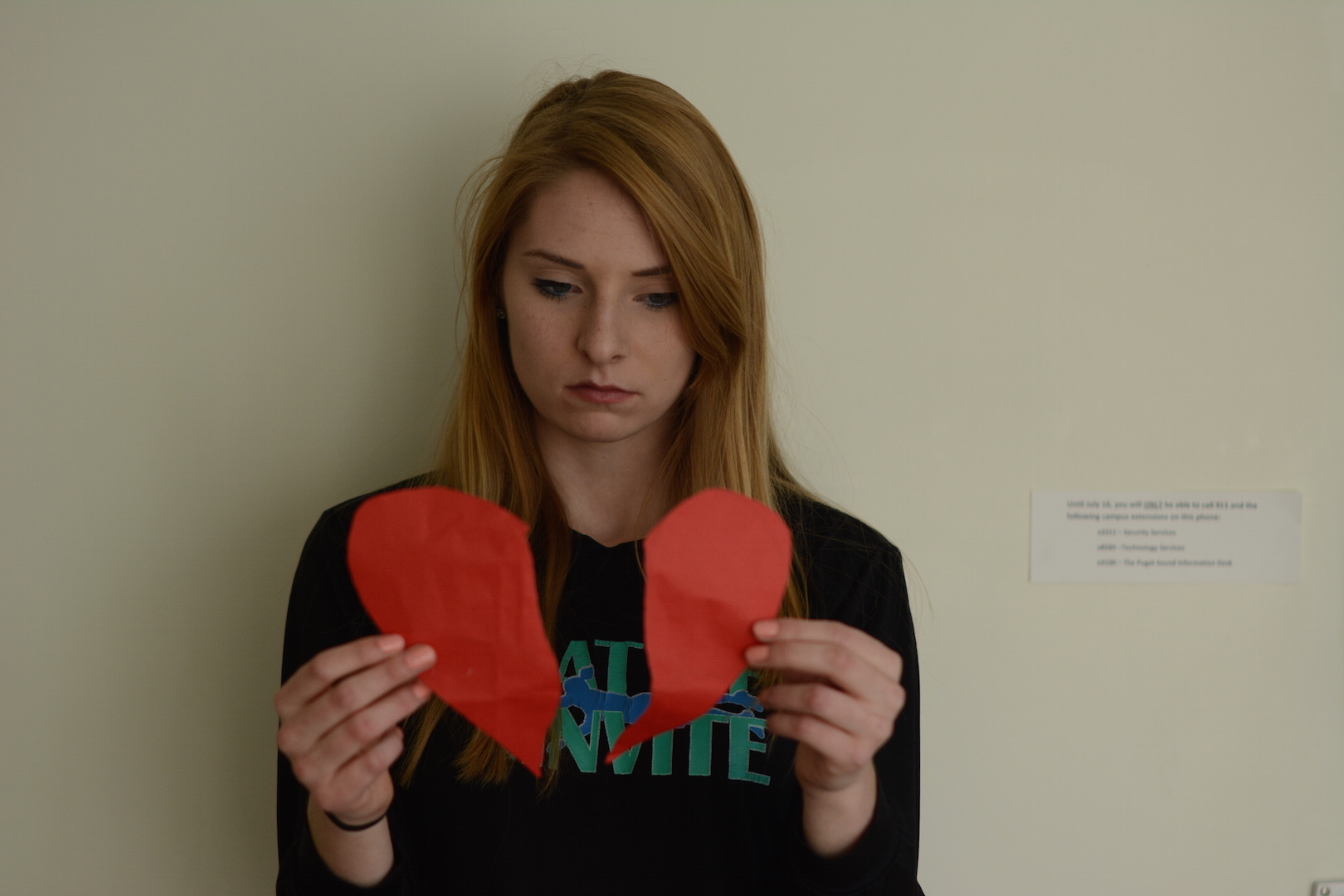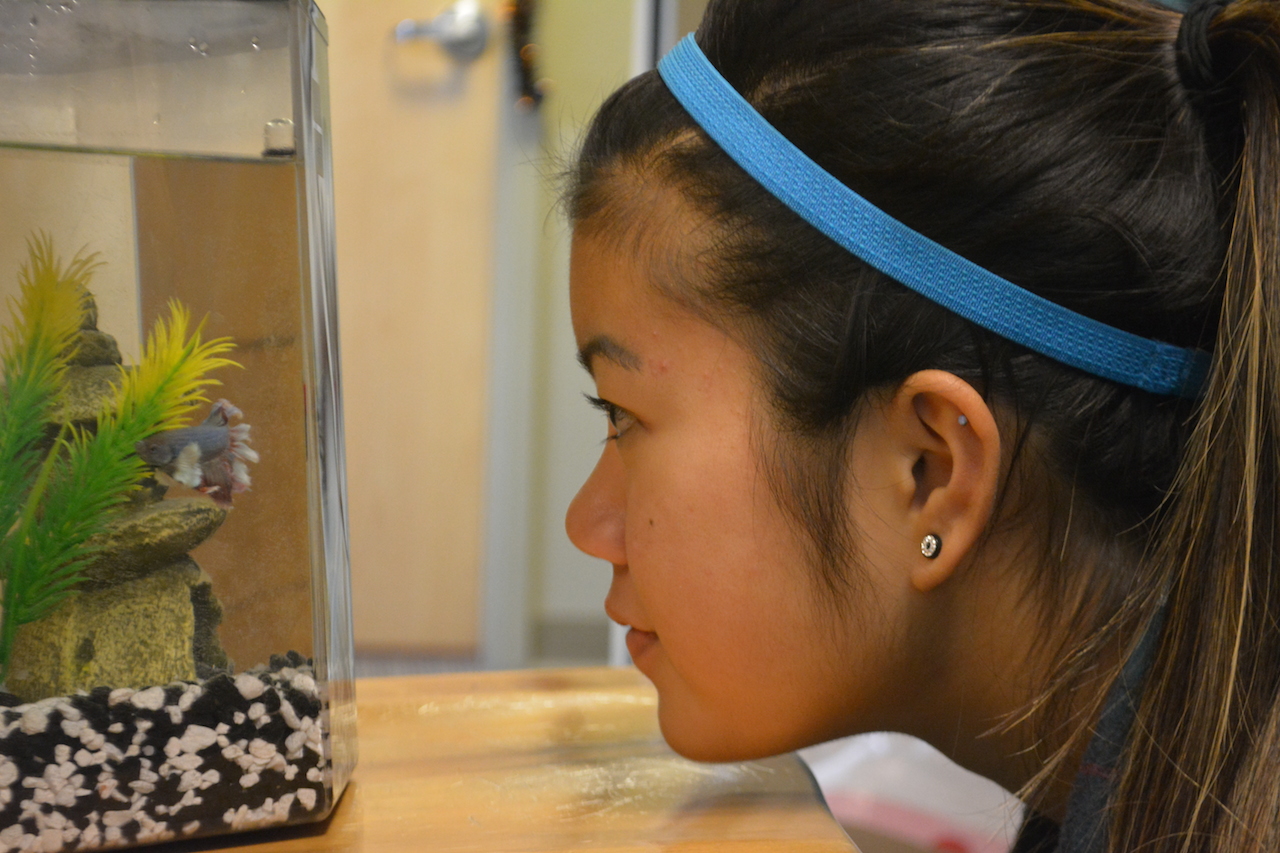
The University of Puget Sound campus and community has been hit with a stiff bout of boy fever.
“Everyone I know is completely boy-crazy,” sophomore Eliza Baitman said. “My roommate? Boy-crazy. My comp-sci professor? Boy-crazy. The cashiers at the S.U.B? Boy-insane.”
When asked if she, too, was boy-crazy, Baitman smiled a small smile and said, “Oh, I’m the boy-craziest of them all.”
Boy-craziness is characterized by frequent desires to think about boys, to talk about boys and to figure out places where boys are and go there. Boy-craziness is highly contagious and moves quickly through small communities, particularly in late winter, or “boy season.”
I spoke with senior biology major Murphy Tanks about the science behind boy-craziness.
“The causes of boy-craziness are not well understood, but scientists have been able to identify some risk factors and physiological signs of boy-craziness,” Tanks said. “A person exhibiting strong behavioral signs of boy-craziness will nearly always have abnormally high amounts of anti-boys in their bloodstream. The infected will often develop sudden rashes, which, while not painful, are itchy and do often spell out trivia about American sports history. Those who are boy-crazy often see in blue, because blue is for boys, pink is for girls, and yellow is for non-binary people, and the rest of the spectrum is genderless, of course.”
Tanks revealed that boy-craziness can strike anyone, regardless of gender or sexuality.
“Oh yeah, no one’s safe. Cis men are boy crazy, trans women are boy crazy, the tall, the short, the smart and the simple — everyone’s coming down with it. Woop de doop, stoop stoop stoop. Oh, sorry about that — I’m boy-crazy as hell,” Tanks said.
Another symptom of boy-craziness is unprompted scatting.
“Sha da ta ta ta, tee toe tee da dum. Dum. Dum. Dum. Ho do don’t toe do,” first-year Gurt Blansten said, deeply struck with boy-craziness.
Some students have called for classes and/or deadlines to be temporarily suspended due to the access issues presented by boy-craziness.
“I’m not going to write a paper right now,” boy-crazy junior Meerkat Davidson said. “There’s no way I could even start a paper. Unless, I guess, the assignment was to write about boys. Wait, yeah … a paper about boys! Boys. Beep boop, deet ta ta. And I definitely can’t go to class like this! Except … wait … do you think there might be boys there? I’m sorry — I have to go!”
“There’s no way we’re going to cancel classes over this,” University President Isiaah Crawford said. “We have channels in place for this. If a student is unable to do their work due to boy-craziness, they can contact the Office of Student Accessibility and Accommodations.”
Crawford shook his head. “Look, I get boy-crazy like anyone else, and I still do my duties here. I wake up in my cottage every morning, as is my duty, and I go to sleep in my cottage at night, just like I’m supposed to. I make this sacrifice, boy-crazy or boy-sane.”
The spread of boy-craziness seemed to be so prolific that The Flail struggled to find a single person on campus who was unafflicted before hearing about security guard Tristan Bowls, who claimed not to be boy-crazy.
“Boys, shmoys. Who needs ‘em?” Bowls said. “I’m not boy-crazy and I’ve never been. They should test me to discover the cure, don’t you think? I see boys around and think, ‘Whatever!’ I hear about boys and my ears just about turn off. If you asked me to draw a boy, or tell you what one looks like, I’d say, ‘wait, what?’ In fact, I’m so boy-sane that—” at this moment, Bowls abruptly became silent, and I watched as his pupils slowly turned into big red hearts.
I looked over my shoulder, and sure enough, there were some boys. It seems all of campus is boy-crazy. And the best part is … so am I.



